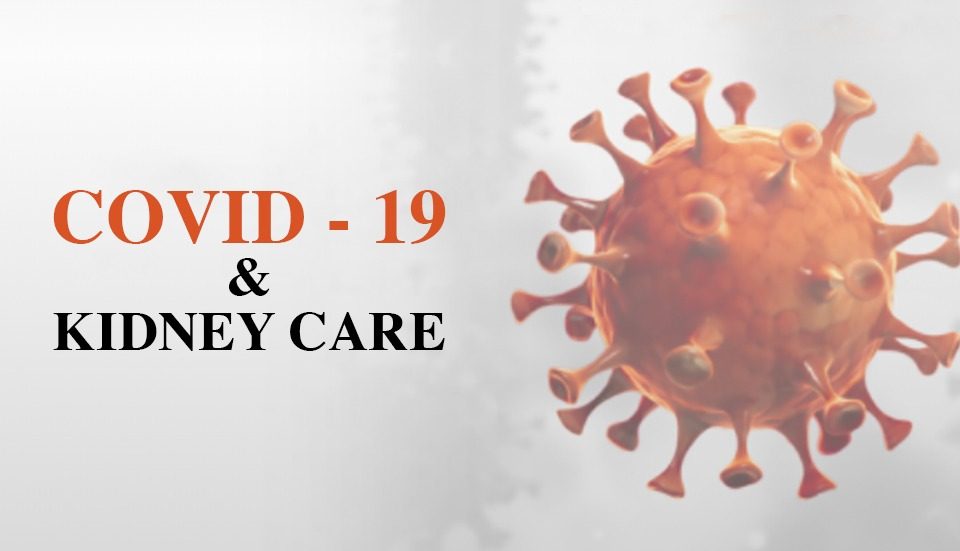(COVID-19) is the new viral pandemic that originated from China and is now spreading across the world including India.
The onset signs and symptoms of patients admitted to the hospital are fever, cough, fatigue, and shortness of breath.
A unique feature of this virus is that it has a long incubation period ranging from 2-14 days or even longer upto 28 days. The more unique thing about this virus is that it spreads not only through droplets but also through fomites & objects like door handles and surfaces. These objects may contain the virus upto two weeks of contact with infected surfaces followed by touching of nose, mouth or eyes through the same hands which can lead to entry of virus into the body.
Risk factors are still not clear, although elderly patients including those with chronic medical conditions are at higher risk. Patients who have no co-morbid conditions had an overall very low mortality/ death rates of approx. 0.9%, but mortality is high for patients with other medical conditions like, uncontrolled diabetes, Hypertension, Cardiovascular diseases, Chronic Respiratory Disease, Kidney failure( Dialysis & Transplant patients) and Cancer patients.
This virus can also lead to multiorgan dysfunction and acute kidney injury. Thus in such patients overall death rate is much higher upto 30%.
Factors which makes kidney patients much more prone to this infection are:
- Presence of various other medical conditions.
- Overall low immunity as Chronic kidney disease being an immunosuppressed state.
- Frequent visits to hospital for dialysis or medications.
- Sometimes going to emergency with symptoms of respiratory distress/ fluid overload.
- Transplant patients are at higher risk of infection due to regular intake of immunosuppressants/ Transplant medication.
Corona virus spreads certainly from person to person. Kidney patients need to take certain special precautions. However, it’s important that everyone follows some preventative care & directives recommended by the Centers for Disease Control (CDC), ICMR & Government of India:
For all Kidney patients:
- Stay home if you feel sick or have symptoms such as fever, cough, sore throat, body aches, headache, chills and consult your doctor telephonically, and visit the hospital accordingly.
- Always wear facemask if experiencing symptoms, and isolate from other family members.
- Avoid people who are sick.
- Cover when coughing and sneezing with a tissue and then throw it in the dustbin.
- Wash hands with soap and water for at least 20 seconds; especially after going to the bathroom, eating, after blowing your nose, coughing, or sneezing.
- Use hand sanitizer with 60%-95% alcohol.
- Clean all the things that you touch a lot, like door handles.
- Avoid touching your face, nose and mouth.
- Take all of your medicines regularly.
- Control blood pressure by taking all precautions.
For Dialysis patients:
- DO NOT miss your dialysis treatments. Contact your Doctor and clarify before you reach the dialysis unit.
- Always wear face mask in Hospital or Dialysis centre
- Keep social distance in the waiting area.
- Sanitise your hands frequently.
For Transplant patients:
- Avoid frequent visits to hospital until unless necessary.
- Continue taking medications. Arrange Transplant medicine in advance looking into the extended lock down situation.
For Patients waiting for transplant:
Transplant should be kept on hold for few weeks. As-
- Immunosuppressants / Transplant medications lowers the immunity further and can make these patients prone to infection.
- Surgery is a state of stress for human body and can increase chances of contracting infection.
- Long hospital stay in perioperative period, frequent hospital visits for follow ups and optimisation of medications increases risk of infection.
Patients waiting for transplant should continue with their dialysis process on regular basis.
The important aspect is that one should not panic, and be optimistic taking proper precautions and avoidance of people with signs & symptoms as it could help one tide over this crisis.
The views and opinions expressed, and assumptions & analysis presented in this content piece are those of the author(s) and do not necessarily reflect the official policy or position of any other agency, organization, employer or company. The information, including but not limited to, text, graphics, images and other material contained on this website are for informational purposes only. The purpose of this website is to promote broad consumer understanding and knowledge of various health topics. It is not intended to be a substitute for professional medical advice, diagnosis or treatment. Always seek the advice of your physician or other qualified health care provider with any questions you may have regarding a medical condition or treatment and before undertaking a new health care regimen, and never disregard professional medical advice or delay in seeking it because of something you have read on this website




